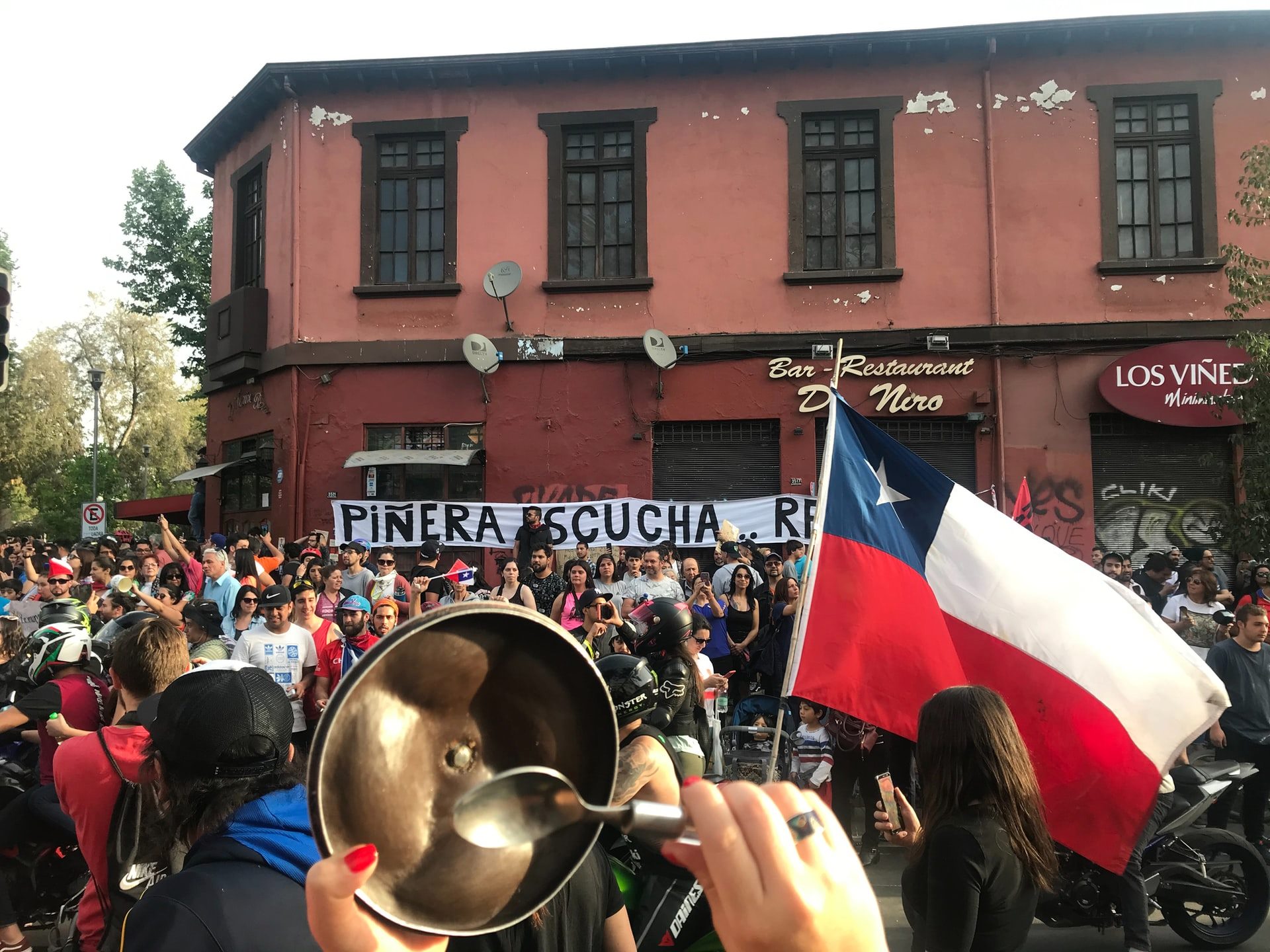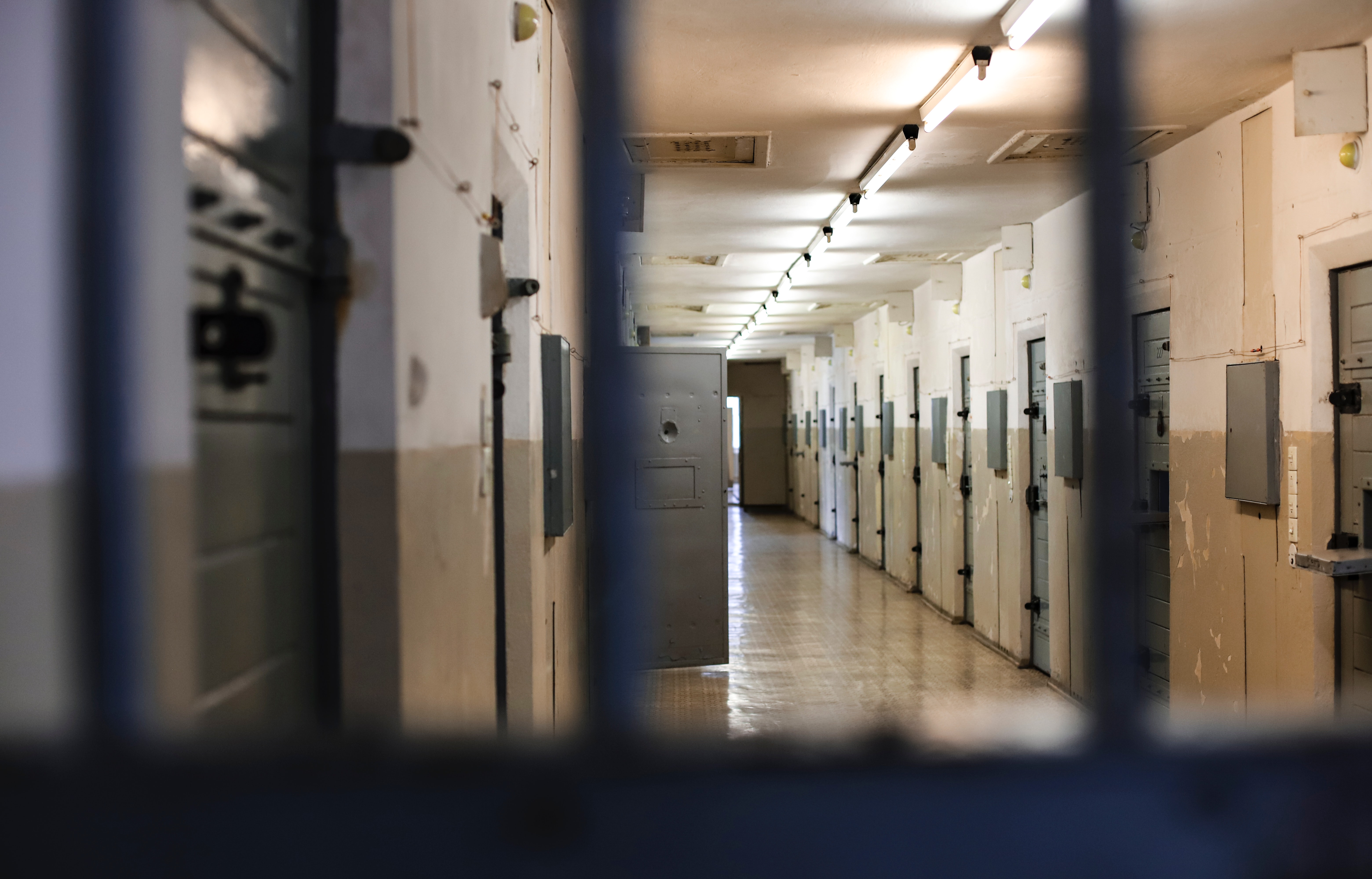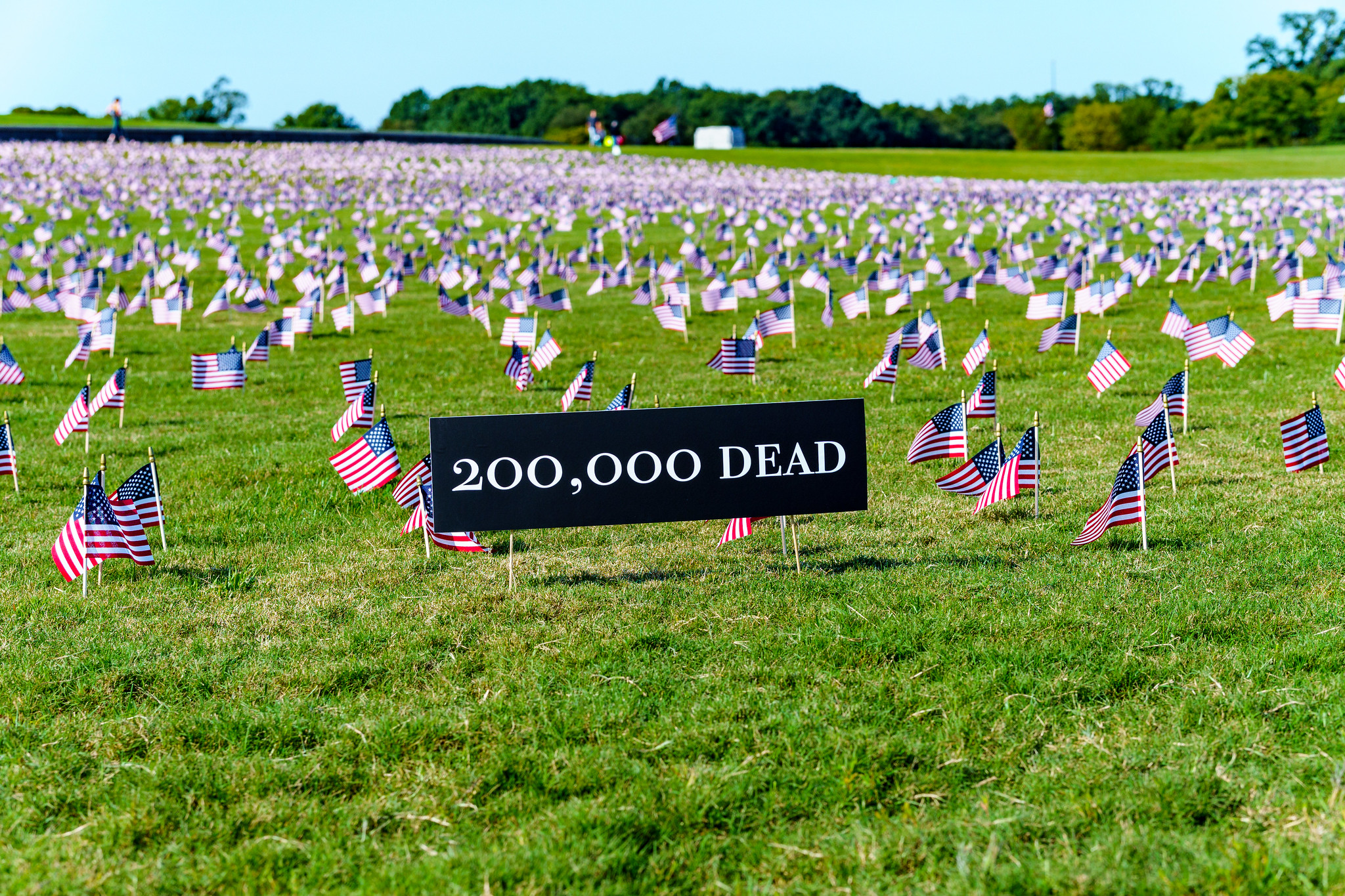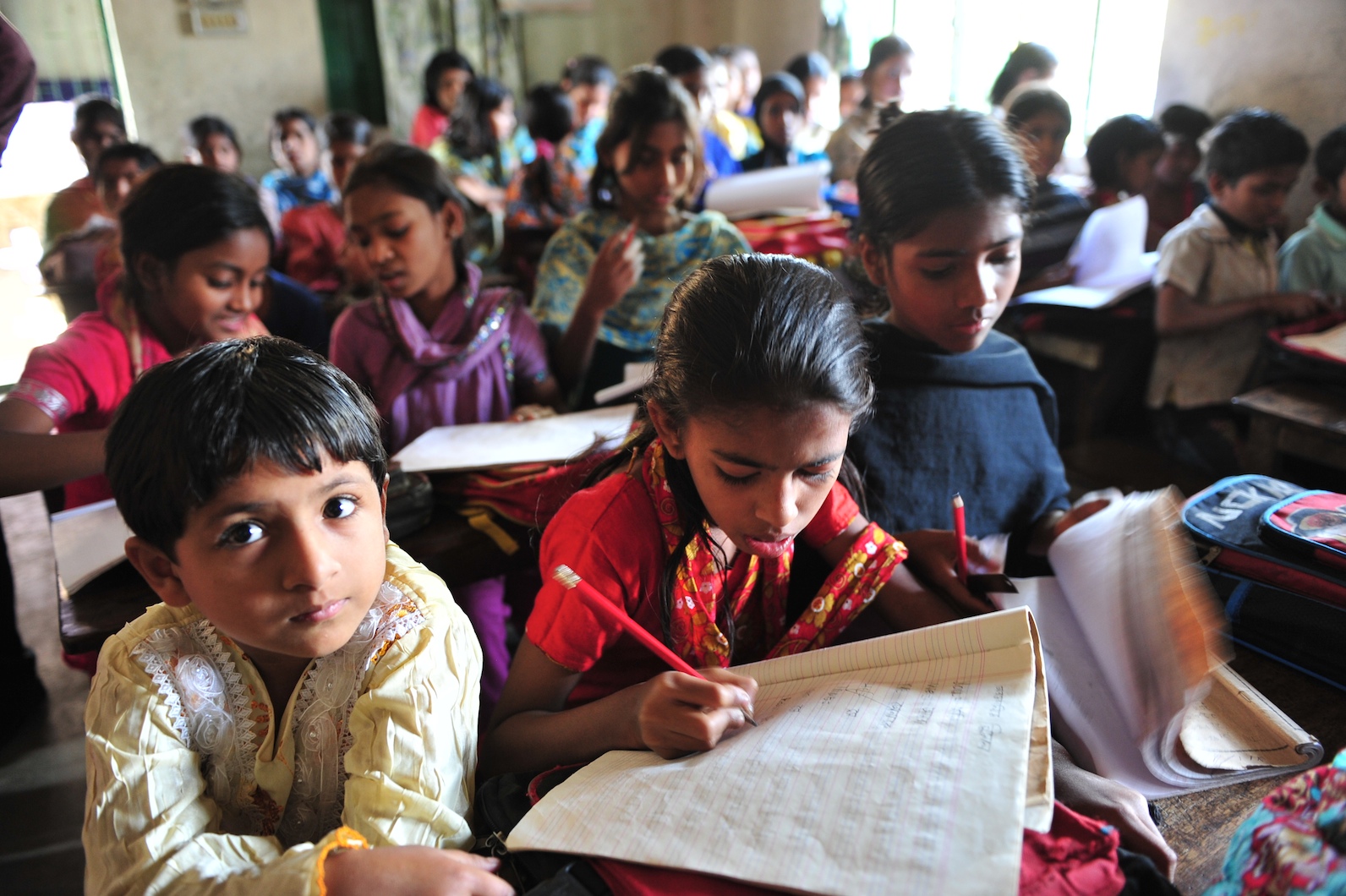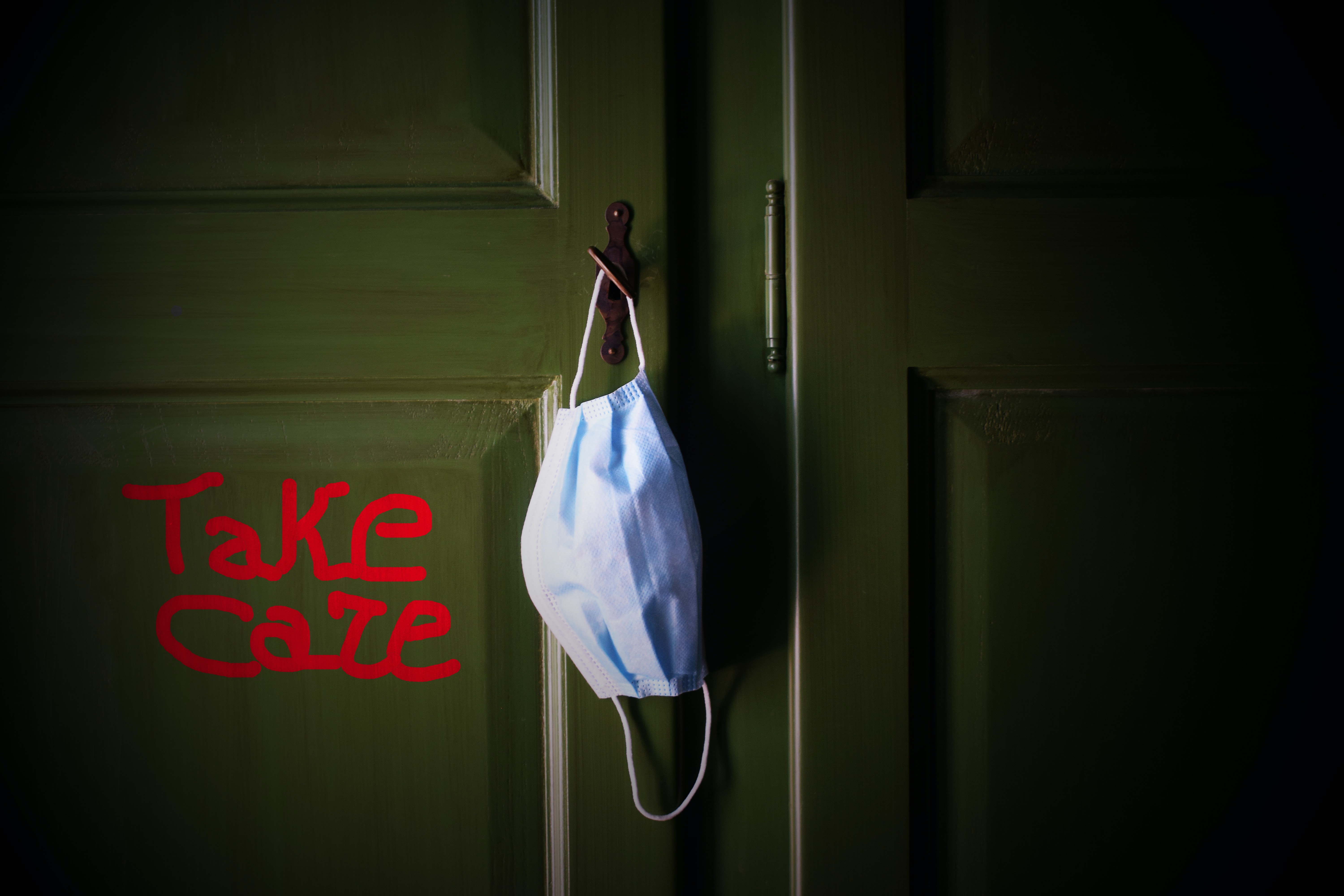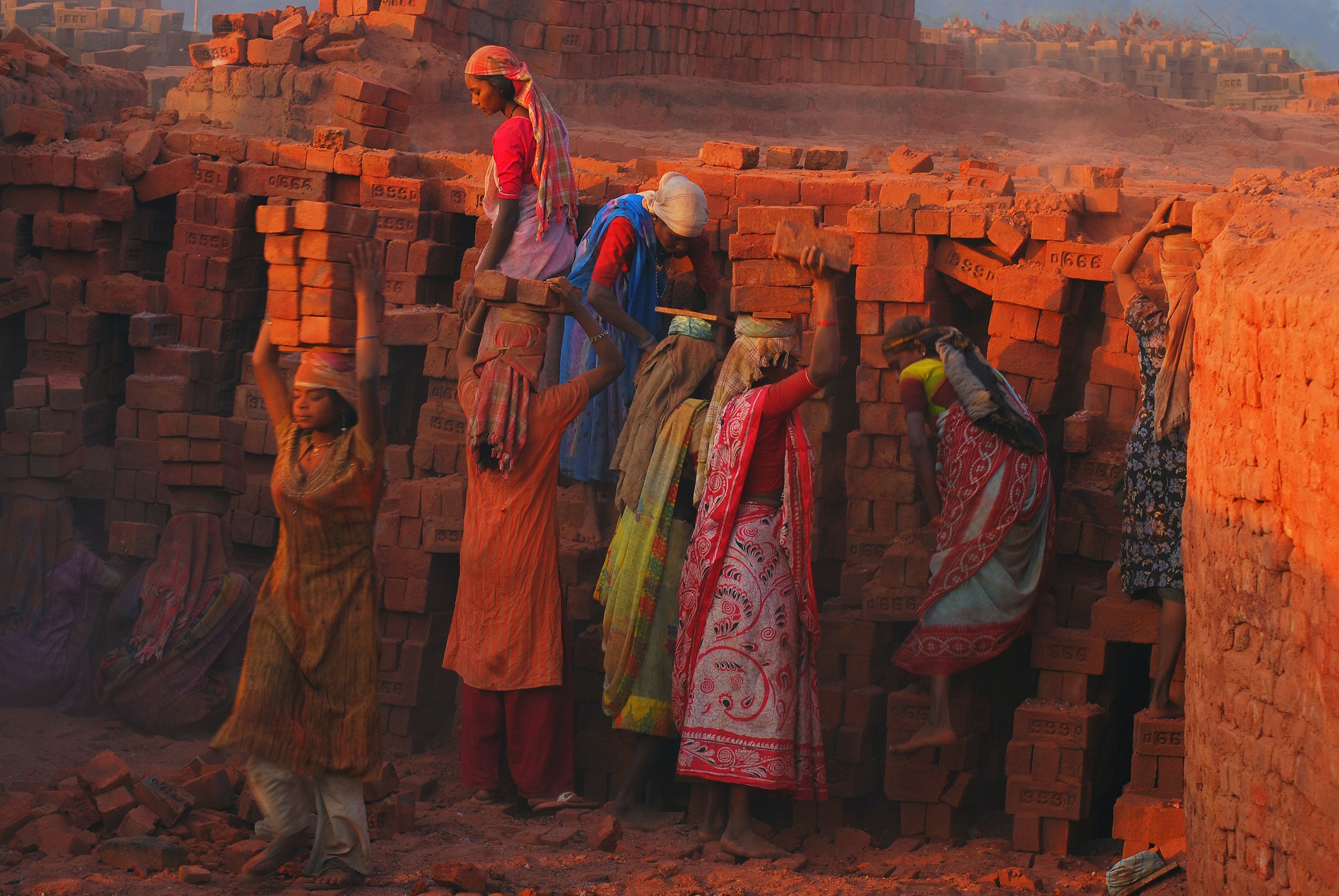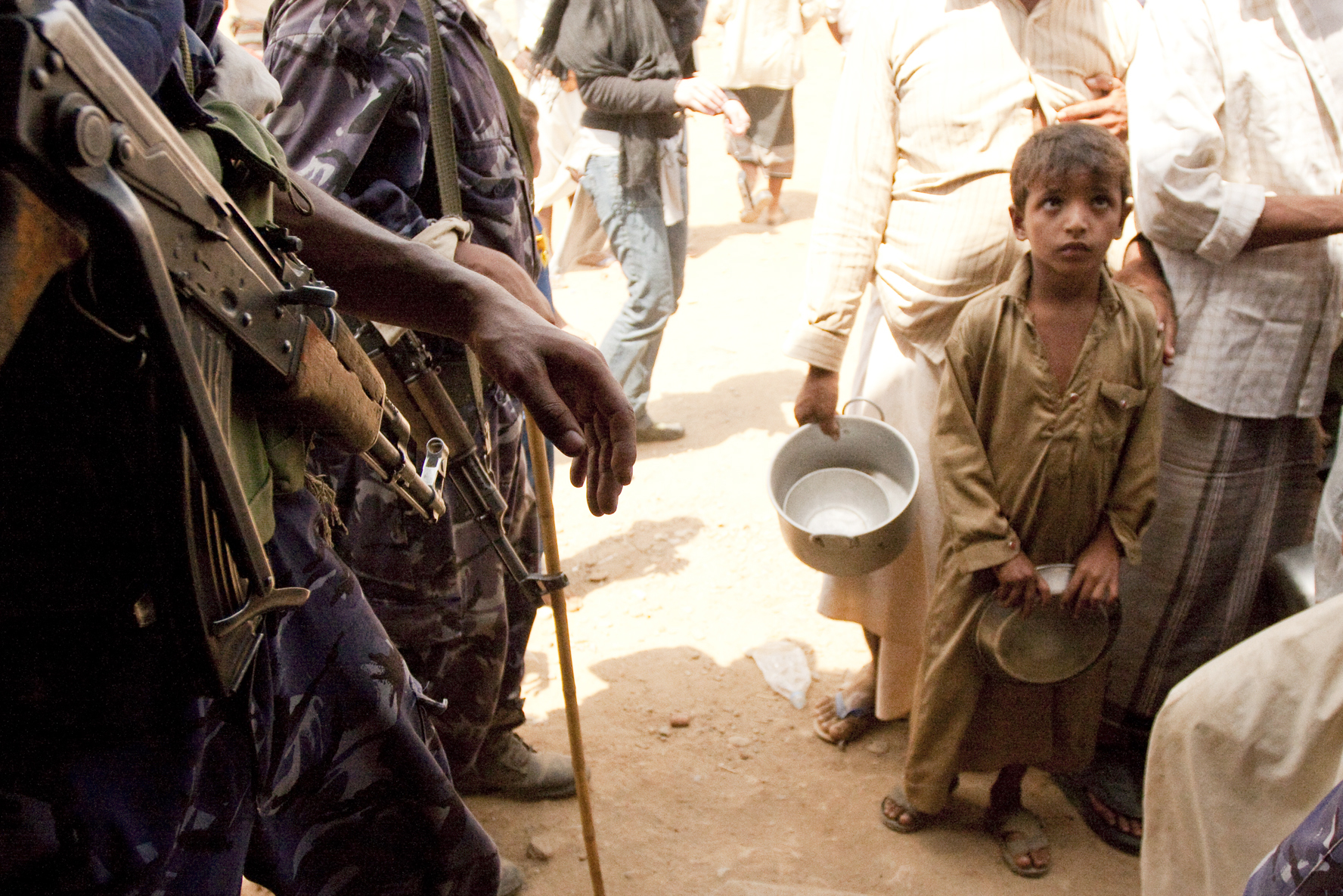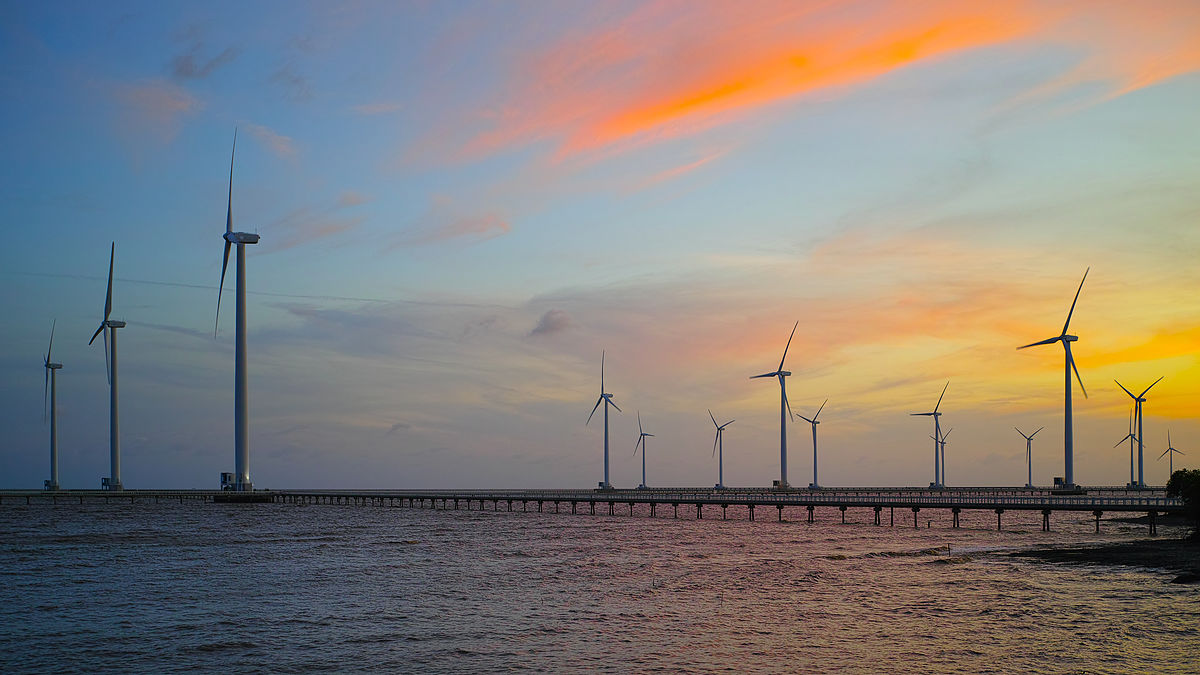Latin America’s Weak Democracies During the COVID-19 Pandemic
With many being asked to stay at home and unable to look for work, one would think the governments would implement relief programs to keep the economy running and support people unable to work. While many governments did offer some kind of relief money or package to their citizens, it was a very small amount, and only to those in the most precarious situations. Rather than appeal to the people’s collective conscience, many governments’ first step was to solidify military support before addressing their people, with generals behind them as they imposed new restrictions.

